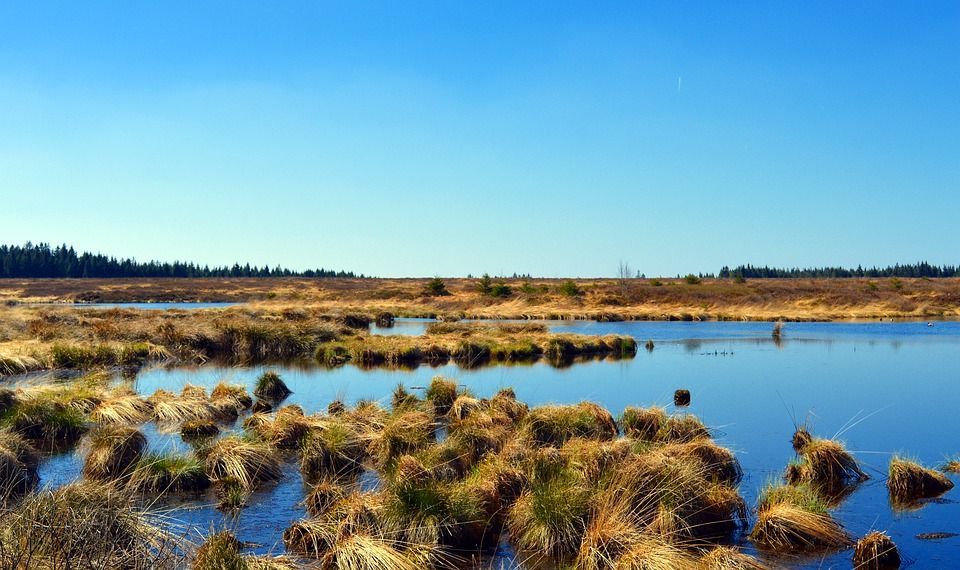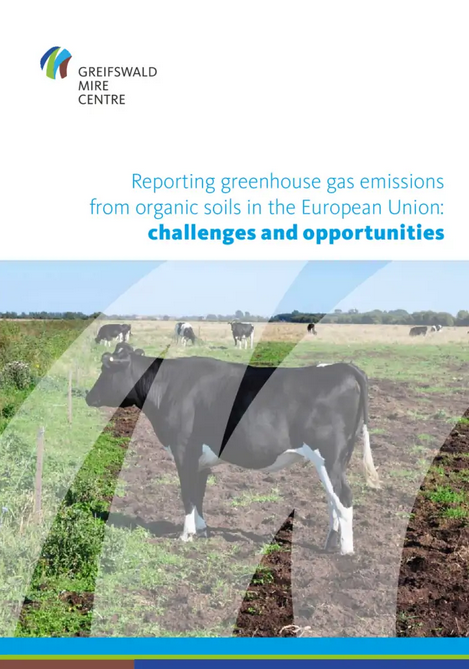INVESTIGATE – Improving National GHG Inventories for Organic Soils and Mitigation Potential
The project is completed. INVESTIGATE built a consortium of relevant European partners from research and implementing institutions to build networks and capacities for knowledge transfer on improving national GHG inventories for organic soils in different European countries.
Agriculture Carbon Removals and Sinks Peatlands Soils

Project info
Denmark, Finland, Germany, Latvia, Romania
11/17 - 10/18
National governments, Public sector, EU institutions
115,618.38 €
Contact info
Wendelin Wichtmann
- Latvian State Forest Research Institute "Silava"
Background
Organic soils (including peatlands) on only 3% of the global land area contain more carbon than the entire forest biomass. If drained, the organic soil material is oxidized and released as GHGs to the atmosphere. In Europe, c. 275,000 km² of organic soils are drained. The European Union (EU) is, after Indonesia, responsible for the largest peatland emissions worldwide. In the Nordic and Baltic states, drained peatlands account for 25% of all national anthropogenic emissions. In spite of this importance, organic soils are insufficiently reported in National Inventory Submissions (NIS), especially because of large uncertainties with respect to activity (area) data and inadequate or unavailable emission factors, especially of specific mitigation measures. Furthermore, organic soil emissions remain unrecognized in climate policies in case of undifferentiated consideration of the land sector, where forest biomass sinks ‘compensate’ for organic soil sources. The split reporting of agricultural emissions over the sectors ‘Agriculture’ and ‘Land Use, Land Use Change and Forestry (LULUCF)’ obscures that CO2 emissions from organic soils, i.e. from a minor part of all agriculture land, are of the same size as CH4 emissions from all animal husbandry and N2O emissions from all fertilization.
Project
INVESTIGATE built a consortium of relevant European partners from research and implementing institutions to build networks and capacities for knowledge transfer on improving national GHG inventories for organic soils in different European countries. The GHG mitigation potentials from drained organic soils are little perceived. INVESTIGATE tackled scientific and technical issues with respect to reporting GHG emissions and prepared the integration and application of innovative outcomes and new technologies in national GHG inventories. The project enhanced expertise sharing and cross-border dialogue between UNFCCC reporting bodies and leading peatland scientists within and between strategically selected EU countries. Cooperation with regard to GHG accounting and emission reductions from rewetting were fostered within the entire EU.
Last update: July 2024

